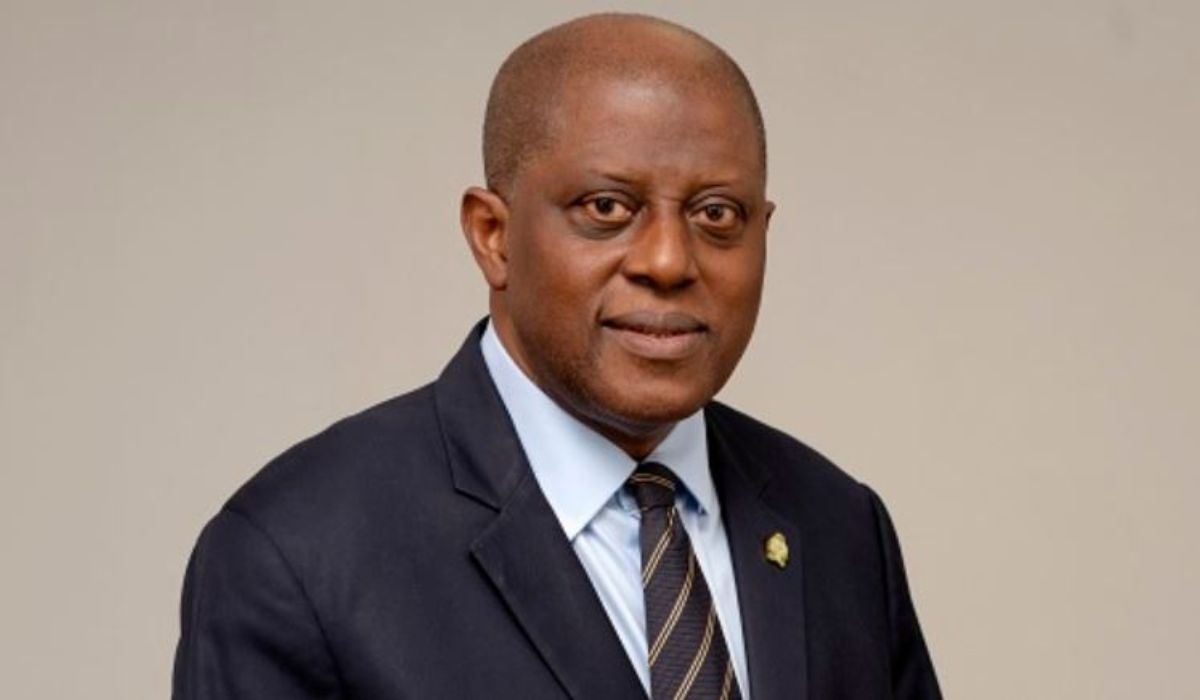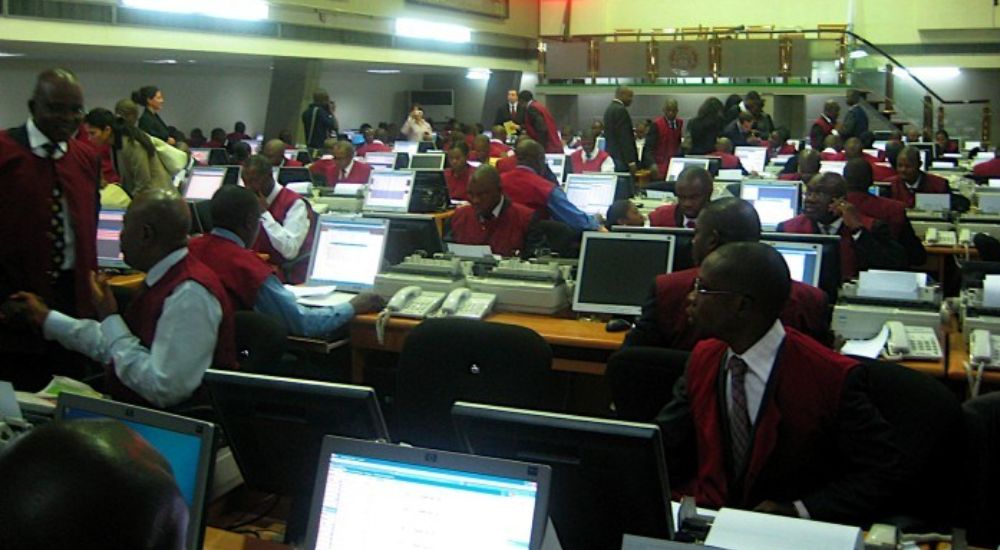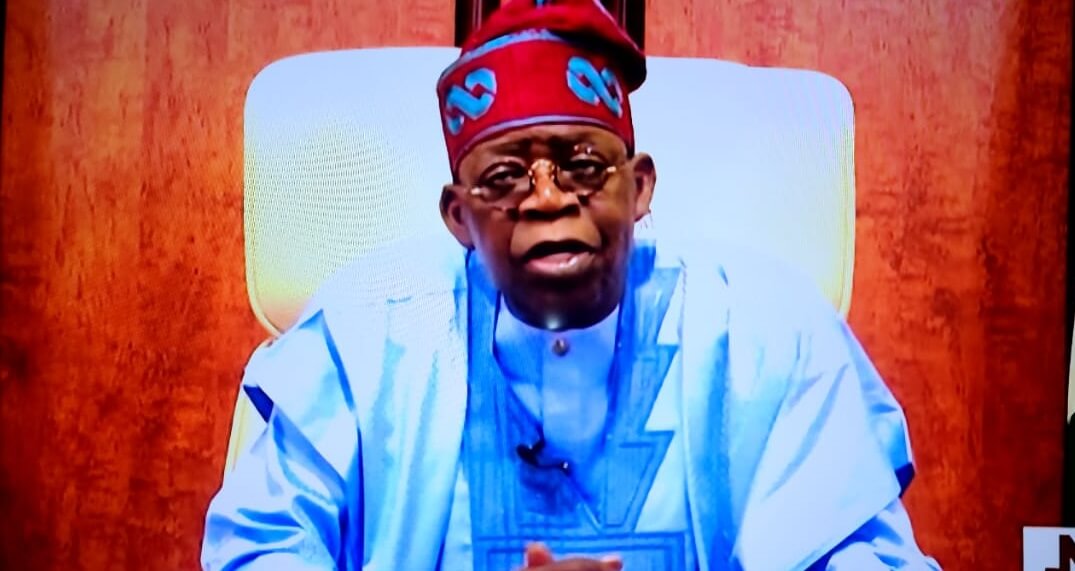CBN’s Cardoso Vows to Tame Inflation, Targets Single-Digit Rates

The Central Bank of Nigeria (CBN) Governor, Olayemi Cardoso, has identified inflation as the foremost challenge to Nigerians’ economic well-being, affirming the CBN’s determination to reduce inflation to single-digit levels in the medium term.
During his remarks at the just-concluded 2025 IMF and World Bank Spring Meetings in Washington, D.C., Cardoso stressed the critical importance of addressing inflation to protect household purchasing power and enhance living standards nationwide.
“Inflation remains the most disruptive force against the economic welfare of Nigerians. Our focus is to bring it down to single digits over the medium term,” Cardoso said.
Nigeria’s headline inflation rate reached 24.23% in March 2025, rising from February’s 23.18%, according to recent National Bureau of Statistics (NBS) data.
This escalation reflects ongoing pressures affecting food prices, essential commodities, and overall living costs, intensifying economic hardships for many Nigerian households.
The NBS report identifies rising prices across both food and non-food categories as key drivers of the current inflationary environment, highlighting the necessity for effective monetary policy interventions.
The International Monetary Fund forecasts Nigeria’s inflation to average 26.5% throughout 2025, following the recent Consumer Price Index (CPI) rebasing. While this represents a decrease from 33.2% in 2024, inflation is anticipated to rise again to 37.0% by 2026, underscoring continued volatility in Nigeria’s economic indicators.
Despite these challenges, Cardoso noted increasing investor confidence in Nigeria’s economic reform agenda. He referenced the country’s recent investment forum at the Nasdaq MarketSite in New York, which showcased Nigeria’s economic transformation initiatives and generated interest from global investors and diaspora communities.
Wale Edun, Minister of Finance and Coordinating Minister of the Economy, reinforced Cardoso’s perspective, emphasizing the administration’s focus on economic expansion and employment creation. Speaking at the same international meetings, Edun outlined Nigeria’s target of achieving 7% economic growth, supported by strategic investments in digital infrastructure, data accessibility, and telecommunications networks.
Edun described the government’s approach to increasing domestic revenue and encouraging private sector participation to create an environment conducive to business development.
“By stabilizing the economy and driving private sector participation, we are creating sustainable jobs for young Nigerians and fostering inclusive growth,” Edun stated.
He reaffirmed the government’s dedication to fiscal responsibility, noting that Nigeria’s comprehensive reform program across fiscal, monetary, and structural policies has received positive recognition from international partners.
“Despite global uncertainty, Nigeria is poised for resilient, inclusive growth,” Edun added.
Edun also highlighted the importance of adaptable fiscal planning, stating, “A budget is a statement of intent; it must be continually recalibrated to reflect on-ground realities and available resources.”
This perspective demonstrates the government’s commitment to responding flexibly to economic developments while maintaining a focus on growth and stability objectives.
The collaborative efforts of the CBN, the Federal Government, and international partners aim to address inflationary pressures, stimulate investment, and establish a sustainable foundation for economic prosperity in Nigeria.
In January 2025, the NBS updated the CPI base year from 2009 to 2024 to better reflect contemporary household spending patterns. Following this recalibration, January’s inflation rate was adjusted to 24.48%, down from December 2024’s 34.80%. This downward trend continued in February, with inflation falling to 23.18%, before rising again to 24.23% in March, indicating persistent cost-of-living challenges.





